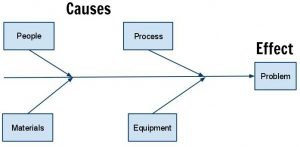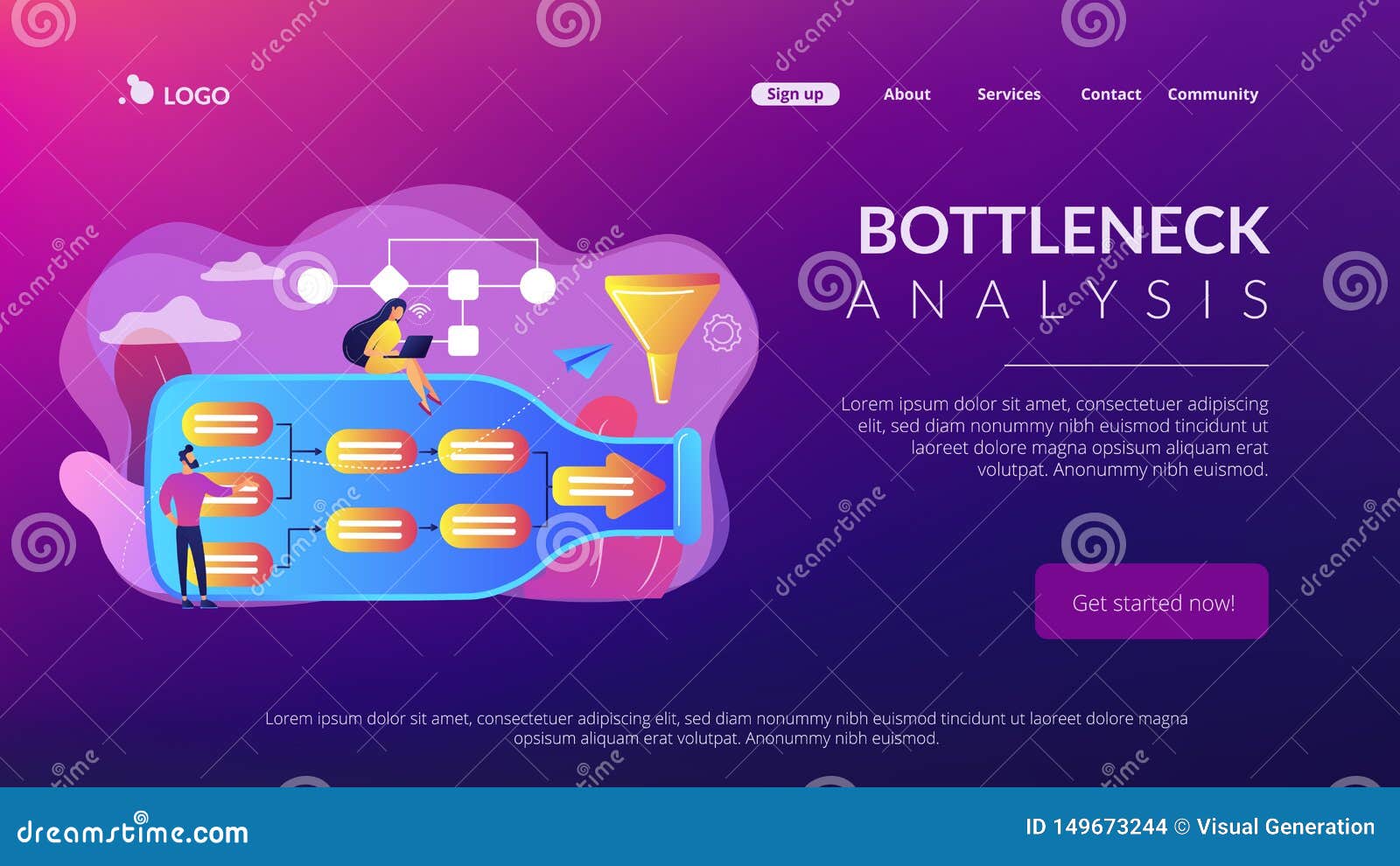

This plant was selected for the pilot, as production volumes of their TEC/TRF product family were expected to grow significantly, creating the need to conduct a production analysis and adjust the product system to the new expected volume. The Plant Simulation pilot project was conducted at GKN Aerospace’s plant in Kongsberg, Norway. “Given the combination of increased fore-casted production volumes and the complexity of our production process, we have realized that the static capacity analysis tools we were using were not accurate enough.” Pilot project takes flight “We started to use Plant Simulation as we needed a better strategic planning tool to analyze and plan production capacity,” says Alexander Hall, MOM-MES Architect, GKN Aerospace Engines Business Line, TI-IS. This led GKN Aerospace to believe that discrete event simulation would perfectly support the company’s different initiatives. The production complexity and the daily base decision making, impact the lead time, and created an opportunity for a simulation-based approach, to support a continuous improvement.

In addition, some value streams share production resources between different products, which cause crossing material flows. GKN Aerospace needed a new avenue to meet customer delivery expectations and identify any existing problems that could be solved before they became unmanageable.

GKN Aerospace Engines, a business line of GKN Aerospace, needed a better tool to plan and optimize their production process and production equipment investment, a tool that would aid in strategic planning, and handle real life complexity to accurately predict lead times and consider variation. Global aerospace engine supplier deploys Siemens solution to identify production bottlenecks and lower costs


 0 kommentar(er)
0 kommentar(er)
